Five Questions with Morgan Dempsey
1) It seems that among all our social media choices, that a number of young writers and editors have gravitated towards Twitter. Why do you think it is the most used method of communication by you and the new generation of writers?
I can’t speak for anyone else on this, but I can say why I personally like twitter. I’m a huge fan of concise asynchronous communication. I cringe at having to talk on the phone, and encourage my friends to text rather than call. I also love that it embraces the transience of status updates in social media. I feel like other social media sites are trying to straddle the line between immediacy and permanence, when a twitter account and a personal blog handle it just fine for me. Conversations on twitter feel opt-in, whereas on Facebook and Google+ they feel opt-out. Also it’s really easy to use from my phone. No bells and whistles, nothing fancy, just send a text and you’re done. It does one thing, it does it simply, and if anybody wants anything extra, well, there’s the API, go hack.
2) Who are the Inkpunks and what do they have to say that is interesting?
The Inkpunks are a group of writers, editors, slushers, publicists, etc, all of us in the early stages of our careers, sharing our experiences in publishing. I think what makes us a worthwhile addition to someone’s RSS feeds is the perspective from which we discuss things. We’re not uber-famous and long-standing professionals, but we aim for professional quality in all the things we do. We’re diligent, we research, and we work hard at our craft, regardless of what it is. And we strive to be positive in what we say. Writing can be lonely, publishing can be hard, editing can be tedious, and we want to be cheerleaders throughout that process.
3) You told us that you read slush (general submissions, for the uninitiated) at Scapezine. How has your experience as a submissions reader affected your writing?
Reading slush has made me more critical of my work, and of what makes a story good. The primary problem I see in slush isn’t the terribad stories people like to talk about. It’s that the slush pile tends to blur. The stories don’t stand out. The ones that stand out do so for similar reasons: incredible voice, rich worldbuilding, vibrant character. They don’t try to be clever, they don’t reach clumsily for the heartstrings. They feel organic and effortless. When I write, I let the story show up and do what it wants to do. And when I go to edit that story, I just try to cut out all the boring bits. (Sometimes I add an explosion.)
4) Your story with us, The Memory Gatherer, is an outstanding use of a dystopian setting and reasonably advanced technology to create a heart-wrenching story of the effects of a painful childhood. What sparked your thinking on the technology and the relationships involved creating your story?
Wow, thank you! Well, on top of majoring in computer engineering in college, I also picked up a minor in philosophy. The spark of The Memory Gatherer wasn’t technology, but thinking about what constitutes an individual’s identity. If we look at a person as a specific subset of all events in time, and we could store those events as byte data, then what would life look like? From there, using AI seemed like the logical conclusion. Plus, I think robots are rad.
5) So what are you working on now and what should we expect to see from you in the future?
My short story The Automatic City is going to be in Broken Time Blues, an anthology of 1920s-themed speculative fiction edited by Jaym Gates and Erika Holt, which will be launching at WorldCon 2011 (where I’ll be doing my first-ever reading!). Currently I’m working on a young adult scifi novel, another scifi short story, and a video game for the iPhone, which we hope to have a demo for in the near future.
Thanks for you time & your excellent story.

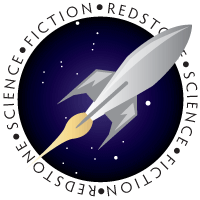
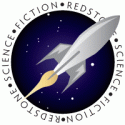



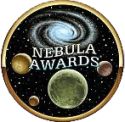
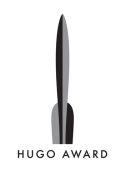
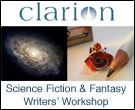


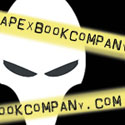
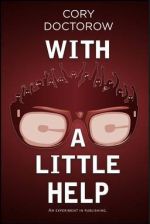
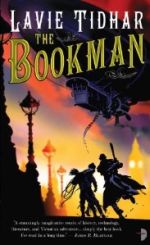
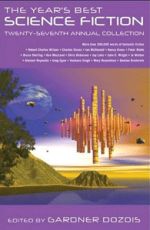


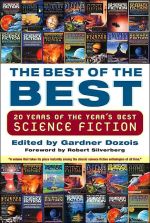
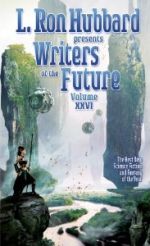

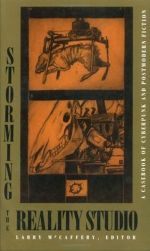



1 comment
[…] So I slipped on blogging about this yesterday. But! Interview! My first! Over at Redstone SF whom you may remember as the My First Pro Sale Also My First Publication Evar guys. I have been […]